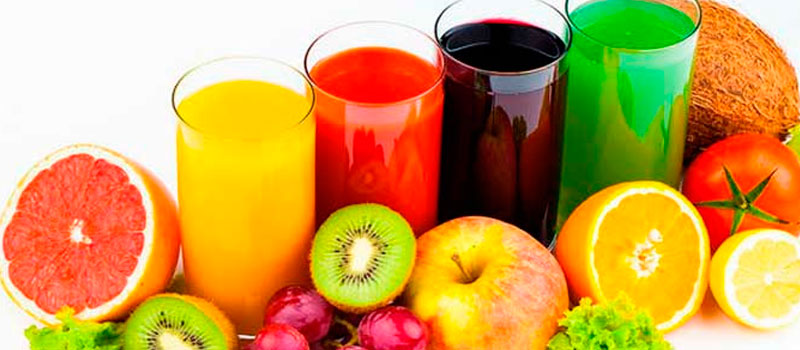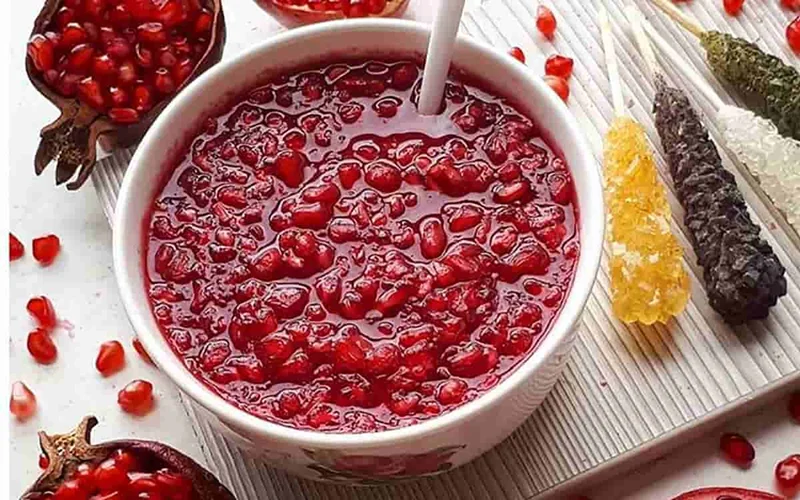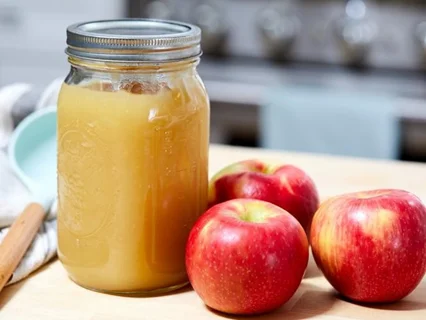Fruit Concentrates: Beyond Freshness, A Step Towards Efficiency and Sustainability
Fresh fruits are rich in flavor and nutrients, but in the world of modern production and consumption, they face major challenges such as high perishability, seasonal limitations, and high transportation costs. This is where fruit concentrates, as a smart and effective solution, offer significant advantages over raw and fresh fruits.
1. The Revolution in Logistics and Significant Volume Reduction
The biggest advantage of concentrates is the removal of the majority of the water content from the fruit. This process brings two vital benefits:
- Reduced Weight and Volume: By reducing the volume to about one-seventh of the original fruit, storage and transportation costs are significantly lowered. This makes large-scale transfer of raw materials and exports much more cost-effective.
- Increased Space Efficiency: Factories and producers can store their necessary raw materials for long periods in a much smaller space.
2. Permanent Access and Overcoming Seasonal Limitations
Fruits are only available in a specific season, and their quality varies throughout the year.
- Sustainable Production: Concentrate ensures that producers have continuous access to the desired fruit flavor and extract throughout the year, independent of the harvest season.
- Extended Shelf Life: By reducing water content and pasteurization, concentrates have a much longer shelf life than fresh fruit (usually 1 to 2 years), allowing for long-term production planning.
3. Quality Stability and Standardization of the Final Product
The quality of fresh fruits (in terms of sweetness, acidity, and color) varies from one farm to another and even from day to day.
- Consistent Brix and Acidity: Concentrate is a standardized product. Producers can confidently market their final product (such as juice, jam, sauce, or dairy products) with uniform quality and flavor over time, assured of a fixed Brix level (sugar degree) and acidity. This stability is crucial for maintaining customer trust and loyalty.
4. Economic Savings and Waste Reduction
Processing fruit into concentrate occurs during peak harvest (when prices are lower).
- Cost Control: Buying concentrate is often more economical than buying fresh fruit out of season or during market fluctuations.
- Elimination of Waste: Unlike fresh fruit, where a high percentage might spoil in storage or during transit, concentrate practically results in less waste.




دیدگاه خود را بنویسید